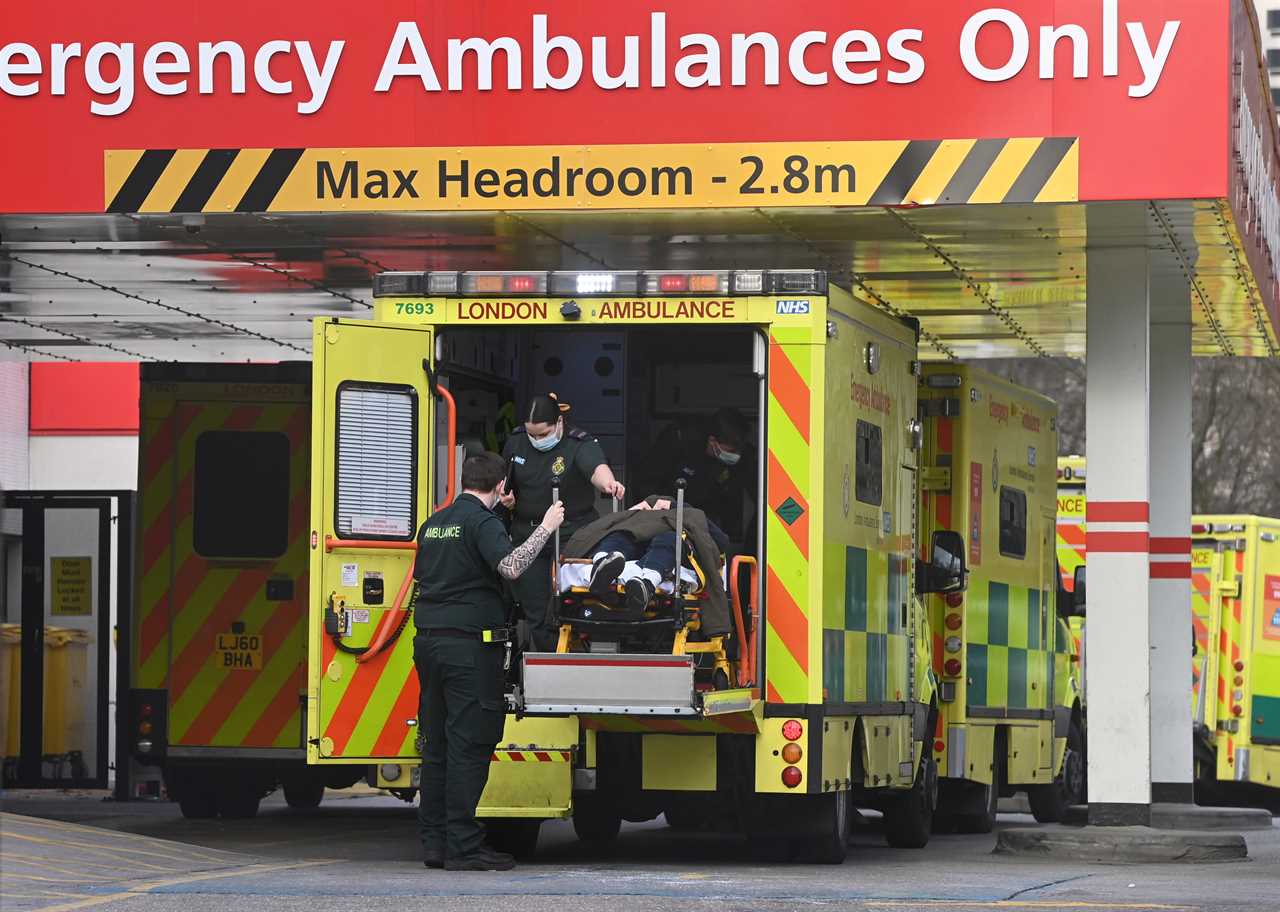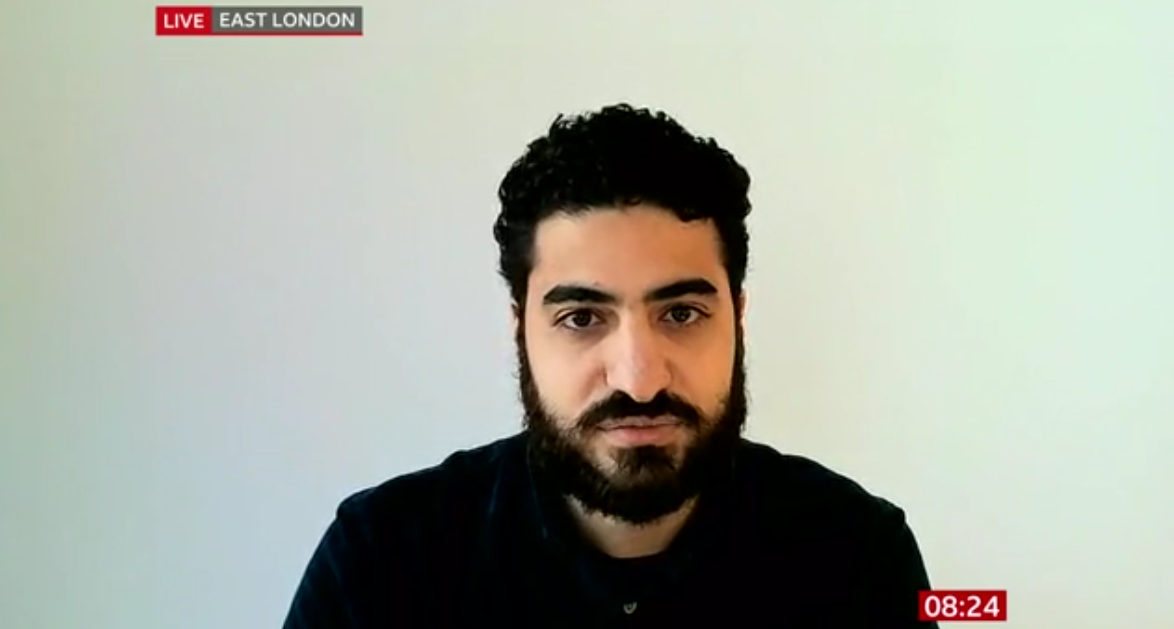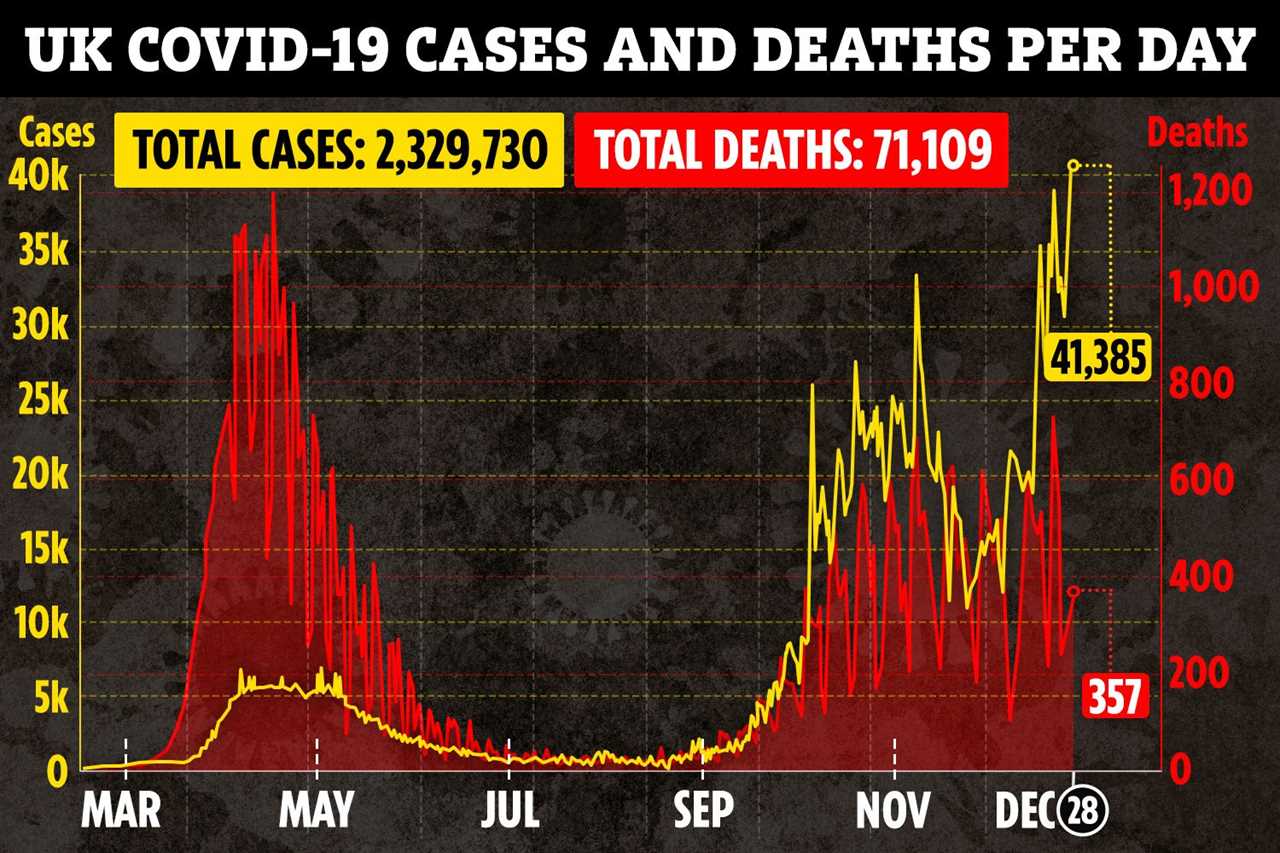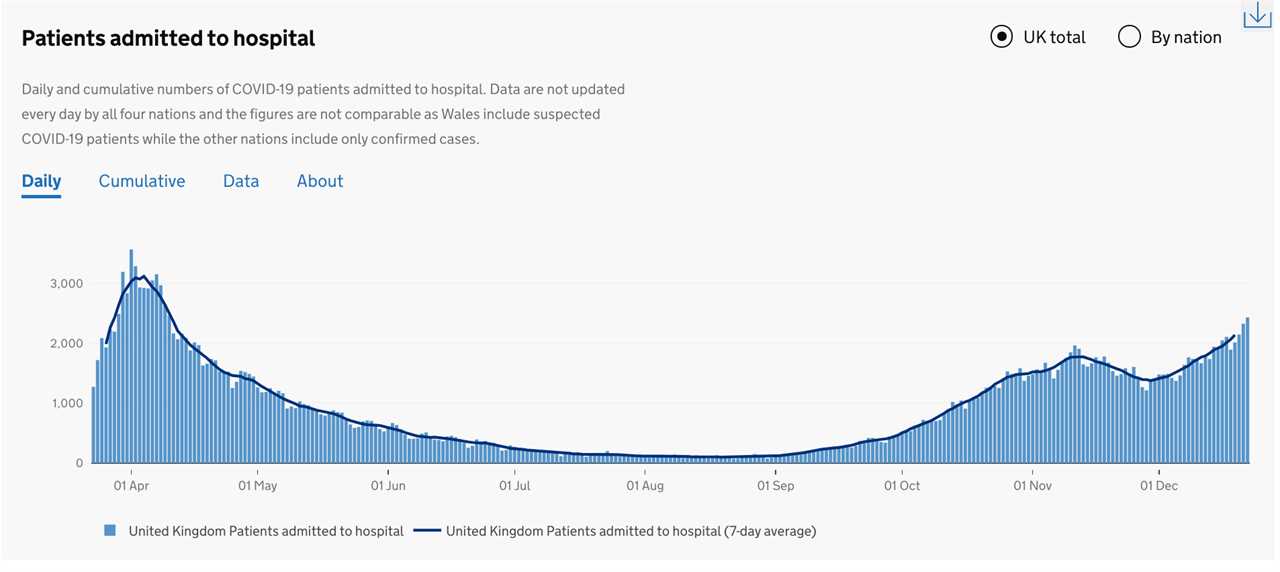CORONAVIRUS patients with no pre-existing conditions who are under the age of 50 are filling up hospital wards, one frontline doctor has revealed.
One junior doctor said he has been surprised at the number of young, fit and healthy patients who are being admitted at the intensive care ward he works at in London.

Dr Yousef Eltuhamy said the virus isn’t an illness people should take lightly – regardless of their age.
Speaking to BBC Breakfast this morning, Dr Elthuhamy said the pandemic has been hard on NHS staff and added that the situation that’s unfolding now is “surprising”.
He said: “It’s actually really surprising. I didn’t expect to see so many young people in their 40s and their 50s, patients who don’t have any prior medical history at all, people who are fit and well.
“Having had coronavirus myself back in May and being unwell with it, even though I’ve got no medical problem, I really don’t take this lightly. I don’t think anyone should take this virus lightly – young or old.”
The elderly and the vulnerable are most at risk of dying and from suffering serious complications from the coronavirus.
This is why they are at the front of the queue when it comes to vaccination programme.

UNDER PRESSURE
Dr Elthuhamy said that hospital admissions are continuing to climb and added that NHS staff are being “stretched thin”.
“Honestly it’s been really difficult. Not just for me but all of the colleagues I’ve spoken to across the NHS. It’s been really tough.
“Every time I start my shift, I walk into my intensive care unit and I’m just greeted with a sight that takes me aback every time.
“Row on row of patients extremely unwell, all with the same awful virus, all severely critically unwell and looking to me and my colleagues to help them get better.

“That pressure is felt not just in intensive care, it’s felt in A&E, it’s felt on the wards, it’s felt in primary care as well.
“Seeing things get worse, seeing cases go up, seeing admissions go up just makes me feel very anxious about the future.”
His comments on hospital admissions come after Essex declared a state of emergency due to the amount of coronavirus patients the area is having to treat.
Despite this surge – the Nightingale hospital in London is still empty.
It was yesterday reported that the majority of the seven Nightingale facilities across the country have not started treating coronavirus patients yet.
Only the Exeter Nightingale has been treating patients since mid-November.
And London’s Nightingale was shut and placed on standby soon after it was built.
The centre has also been stripped bare despite soaring coronavirus cases and medics facing a “staggering” number of patients.

Today coronavirus deaths in the UK jumped to 981 – the highest toll since April.
Data also shows that at present there are 50,023 cases of the virus.
According to the government’s coronavirus dashboard hospital admissions are increasing.
As of December 29 there were nearly 24,000 patients in hospital with the coronavirus.
There are also 1,847 patients on ventilation – with around 2,000 people a day being admitted.
Due to a rise in cases, more areas of the country will be pushed into tough Tier 4 restrictions from midnight tonight.

The government today said that there was “light at the end of the tunnel” after it announced that the Oxford/AstraZeneca jab had been authorised for use.
Regulators approved the “game-changing” Oxford and AstraZeneca vaccine today with the roll out set to begin on Monday and the makers promising to deliver two million doses a week.
The jab, from Oxford and AstraZeneca, could give up to 70 per cent protection 22 days after the first dose, experts today revealed.
People won’t need their second dose for another three months – allowing medics to roll the first jabs out to as many people as possible.
Britain has ordered 100 million doses of the vaccine, which is enough to vaccinate 50 million people, with 530,000 doses available from Monday, Mr Hancock said.
Along with the 40 million doses of Pfizer’s vaccine, the UK now has enough doses ordered to vaccinate the entire population, Mr Hancock said.
Dr Elthuhamy praised the news but said that more work needed to be done on the ground.
He added: “I’m due to get my own Pfizer vaccine tomorrow which I’m really looking forward to.
“I think vaccines are the way out of this pandemic but I think that the pressure now is the strain on hospitals and we know that admissions go up after cases go up so I don’t know how soon an impact will be felt but we really need to see a change on the ground as soon as possible.”






